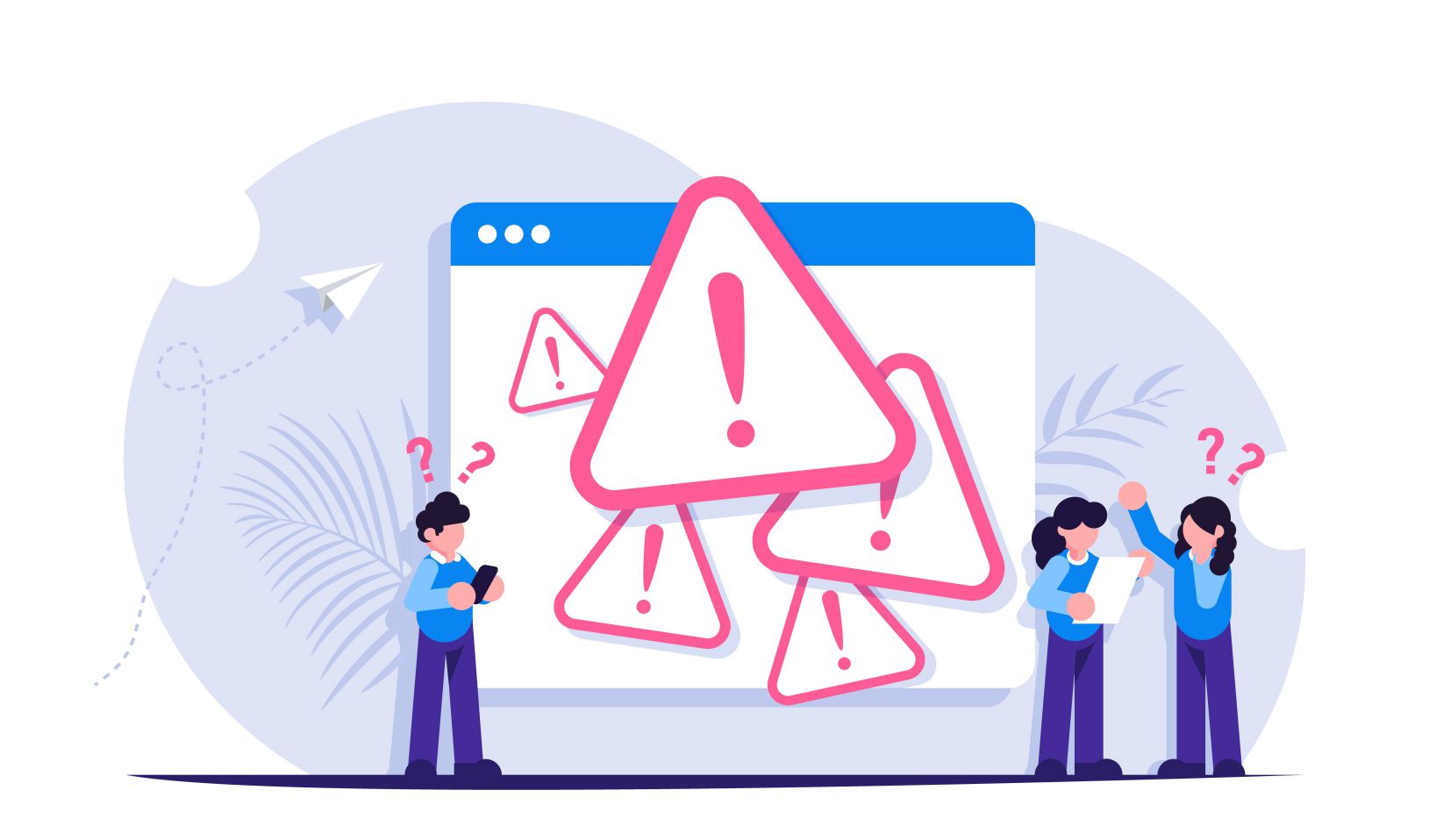Many businesses today rely heavily on network infrastructure to operate efficiently. However, as networks become more complex and security threats evolve, network problems have become a growing concern.
This is because they can disrupt business operations, weaken security, and adversely affect profitability.
As a result, it is important that organisations understand the consequences of network problems to safeguard their assets, uphold operational efficiency, and promote growth.
Continue reading to explore the five significant impacts of network problems on modern businesses.
5 Ways Network Problems Affect Businesses

1. Data Loss & Security Breaches
One of the most pressing network problems is the escalating number of security breaches.
If the network infrastructure is compromised, sensitive information, trade secrets, or customer data could be exposed to unauthorised individuals or malicious actors.
Such incidents can lead to reputational damage, legal consequences, financial losses, and a loss of customer trust. Therefore, businesses must prioritise network security measures to mitigate these risks.
2. Communication Breakdown
As more companies embrace remote work, a stable network infrastructure becomes essential for their operations.
However, when network issues occur, they can cause major disruptions in collaborative ecosystems.
For example, if employees are unable to share important updates or changes in real-time, it can result in different individuals working with outdated or conflicting information.
This can lead to confusion, errors, and delays in completing tasks or projects.
3. Business Downtime
When network problems occur, vital systems and services become inaccessible, leading to downtime.
During this period, employees may face difficulties accessing essential applications, files, or databases necessary for their day-to-day work.
Consequently, productivity levels decline, and employees may struggle to meet deadlines or accomplish their assigned work. This may lead to customer dissatisfaction due to unreliable or slow service, resulting in reputational damages for businesses.
Moreover, prolonged network downtime can have severe financial implications for businesses heavily reliant on digital platforms, such as e-commerce websites or cloud-based systems.
These businesses often rely on uninterrupted network access to serve customers, process transactions, or maintain critical operations.
Read More: How Aegis Cloud Disaster Recovery’s 4-3-2 Backup Rule Helps You Fight Ransomware
4. Limited Access to the Cloud
Cloud platforms provide various applications and services businesses can use to enhance efficiency, make data-driven decisions, and deliver better customer experiences.
These include data storage and analytics, software-as-a-service (SaaS) solutions, and more.
However, to fully utilise the cloud’s potential, network reliability and connectivity play a crucial role.
If an organisation’s network experiences frequent disruptions or lacks the necessary bandwidth, it can severely hinder access to critical data or other cloud-based applications.
Therefore, to overcome these challenges and ensure optimal use of cloud technologies, businesses must improve their network infrastructure, implement robust security measures, and partner with trusted cloud service providers.
5. Increased IT Costs
In order to resolve network problems, businesses often require assistance from experienced IT personnel, whether in-house or outsourced.
These professionals need to troubleshoot, diagnose, and resolve network issues, which can take a long time and divert their attention from other vital tasks.
Moreover, businesses may need to invest in additional network infrastructure, hardware, or software upgrades to address recurring or chronic network problems, leading to increased IT expenses.
Read More: Cloud Hosting Malaysia: 6 Cloud Benefits For Businesses
Comprehensive Disaster Recovery with Aegis
In the digital era, network stability is no longer a luxury but a necessity. Ignoring potential network problems could expose your business to severe operational, financial, and reputational damages.
To safeguard your business from these risks, it is crucial to understand their potential impacts and take adequate measures to mitigate them.
This includes conducting regular IT audits, making adequate investments in network infrastructure, and employing professional network managers.
Additionally, it is essential to have a disaster recovery plan in place. It minimises the impact of any unforeseen network disruptions by providing a clear roadmap for recovery and continuity.
Aegis Cloud Disaster Recovery (CDR) is an advanced cloud backup and restoration service that leverages the cutting-edge technology of Aegis 1PAT and Aegis DRaaS.
It offers comprehensive solutions for both on-premise and cloud environments, ensuring the utmost protection of a business’s valuable data.
With dual disaster recovery sites, proactive monitoring, managed services and more, you can gain peace of mind and confidence in the resilience and security of your data.












